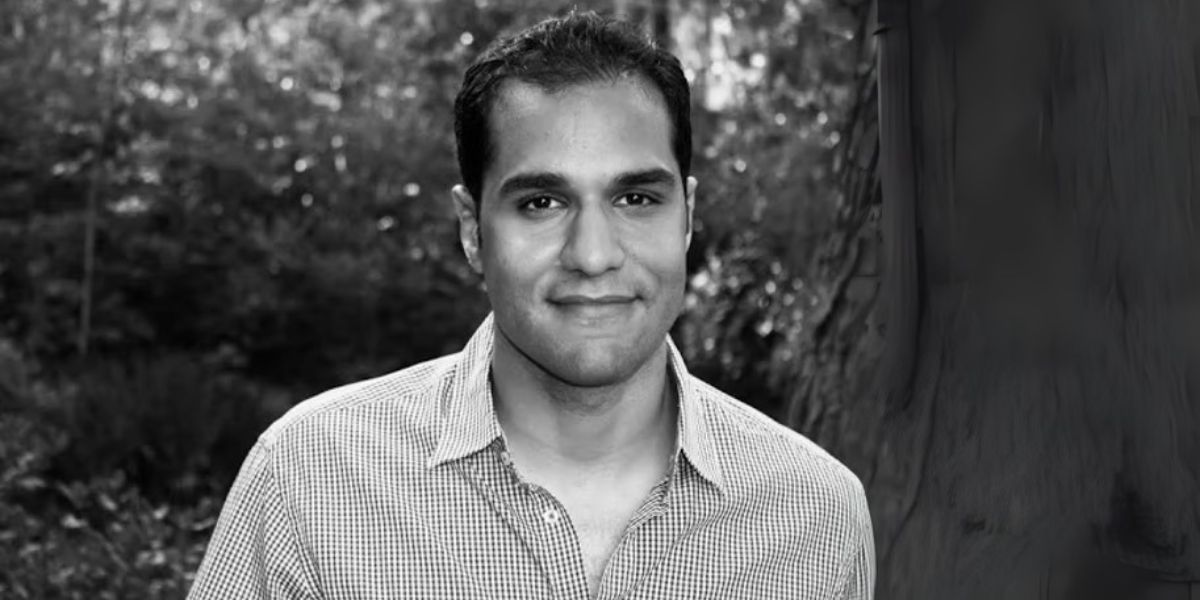By: Yvonne R. Willey
Ancestry is often traced through sleek DNA kits and polished family trees, but David A. Geiger took a different path. His new book, Our Fragmented Family Tree, Broken Roots, and Buried Truth in the World We Live In, is less a memoir and more a seismic excavation. What begins as a personal search for identity turns into a piercing cultural audit, touching every fault line that still runs through Black America.
The project spans more than 150 years of family history, reaching back to the plantations of South Carolina and winding through the Jim Crow South, global military service, and modern-day systemic inequality. It is deeply researched and richly documented, built on years of interviews, DNA analysis, census records, and the author’s own lived experience. This is not simply a family archive. It is a declaration.
Geiger, a retired Marine Corps Master Sergeant, brings precision to his storytelling that comes from decades in uniform. His voice, however, is far from institutional. It is personal, raw, and, at times, unflinching. The pain is palpable, particularly when he writes about growing up without knowledge of his paternal lineage or about the silence he encountered from elders who chose to bury the past rather than speak of it.
At the heart of this book is a question that echoes through each chapter: Who are we, really, without our stories? The answer, Geiger suggests, is incomplete. Without knowledge of one’s heritage, history becomes fractured. Without truth, legacy becomes guesswork. And without family roots, identity drifts.
What sets this work apart is its refusal to separate the personal from the political. Geiger does not merely trace names on a tree. He challenges the very systems that made those names disappear. He calls out the whitewashing of textbooks, the falsehoods of American exceptionalism, and the generational trauma passed down like inheritance. His voice is shaped by experience, not theory. And every sentence feels earned.
From a reader’s perspective, the work also speaks directly to the concept of legacy capital —the assets we inherit that are not measured in dollars, but in understanding. Geiger is rebuilding, from scattered records and fragmented stories, the very foundation of what legacy means to a family that was historically denied the luxury of remembrance. That rebuilding is as strategic as it is emotional.
Geiger’s book is long, detailed, and unapologetically real. It covers everything from slave ships and midwives to military enlistments and death certificates. It names names, dates, and places. It also names the silence. The silences of families. The silences of systems. And most critically, the silence that comes when society decides some stories are too inconvenient to tell.
To read Our Fragmented Family Tree is to witness a man reclaiming what was taken, not through vengeance, but through documentation. It is an act of cultural resilience. A reminder that legacy is not what we leave behind, but what we fight to preserve.
This is not just a story about the Geiger family. It is a story about America, about survival, and about identity forged through resistance. And for readers who believe that success includes knowing where you come from, this book is not optional—it is essential.






